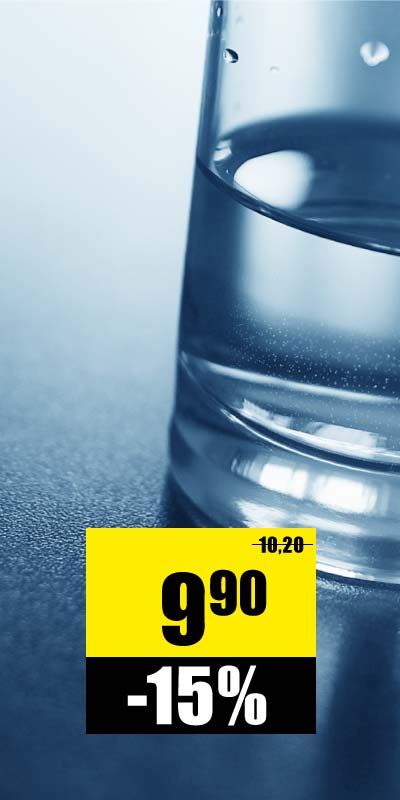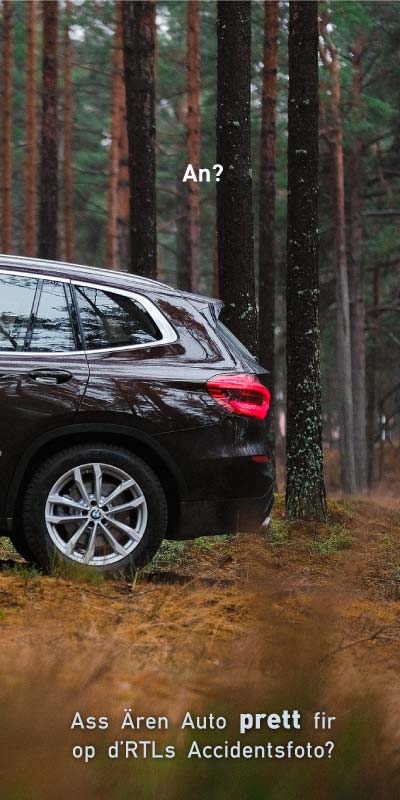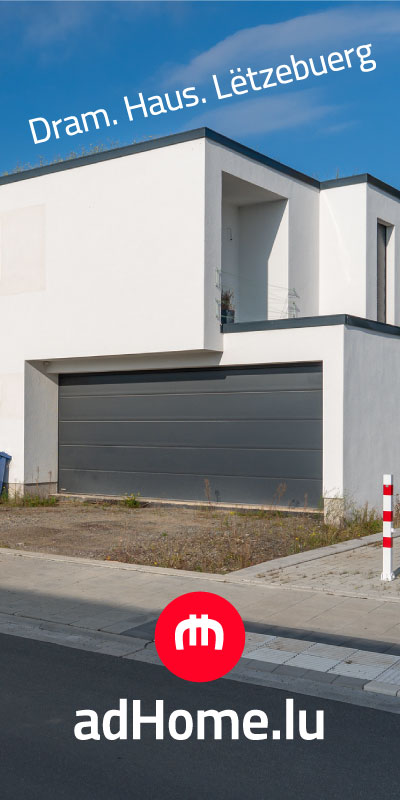PEOPLE - The dual mandates of Hengen and Gudenburg
Political relations

Photo: Joëlle Hengen? RTL? Ministère de l’Agriculture? ¯\_(ツ)_/¯
A comparison of yesterday and today. What about the direct line between DP and RTL?
In an RTL „interview“ last summer, Marc Hoscheid took a look at the candidate lists and was surprised to find that there are „elections without journalists on the lists“, at least for the four major parties. Is the political career finally over for RTL journalists?
The fact that there were no „journalists on the lists“ was not entirely true - there were simply no new ones added. But otherwise, practically every major party had its ex-RTL staff on board. Dan Hardy at the ADR, Felix Eischen at the CSV, Francine Closener at the LSAP, Corinne Cahen at the DP, to name just a few. Or the Greens’ top candidate, Sam Tanson, who worked for RTL almost 20 years ago. Even Luc Frieden has work for RTL Radio Luxembourg on his CV. The fact is, however, that the elections have not yielded predictable results in the past. So if journalists have taken up the challenge of a change in politics, it may well be that after the elections they will find themselves with nothing, like the RTL staff Frank Kuffer (CSV), Nico Keiffer (CSV), Sandy Lahure (LSAP). It is not surprising that this time, when the elections seemed completely open (at least if you were to trust the polls published by RTL), no one dared to join the list. These are uncertain times.
The parties have often found a way to place their failed RTL candidates. A good example is Joëlle Hengen. Under the then party president Fernand Etgen, Joëlle Hengen briefly found her way into politics in 2013 and ran on the DP’s center list. Until then, she was one of RTL’s star journalists, including interviews with Prime Minister Jean-Claude Juncker during the 2013 election year, involvement in the uncovering of the Wickreng-Léwieng affair and political commentaries on RTL, 2013, among others directed against the LSAP ministers. She was also the one who covered the decisive chamber session for RTL, which led to the fall of the CSV-LSAP government. After the elections, however, the great disappointment came: It was not enough for parliament - the return to RTL was now out of the question. What now?
The DP was the big winner of the 2013 elections. The opposition’s leap into government also made it possible to bring Joëlle Hengen under the party’s roof, before Fernand Etgen placed her in the agriculture ministers. There Joëlle Hengen has a good career and becomes „Government Counsellor“. As „Head of Communication, Public Relations and Press“ for Fernand Etgen, she benefits from her experience as a journalist, and obviously also from old contacts. In 2017, Luxembourg is again in the election campaign and Fernand Etgen is a guest at the „Background in Conversation“ round table on sustainability. The photos on the RTL website are not only those of RTL photographers, but also of „Joëlle Hengen“; seen: Fernand Etgen. This is not an isolated case. Next up is the Minister of Agriculture at the Foire Agricole, here again photos of Minister Etgen, taken by his press secretary Joëlle Hengen, which are embedded on RTL. These are partly the same photos that the Ministry of Agriculture itself posts on Facebook.

These incidents have been around for a while and are a reminder of how the mixing of politics and the press, of ministries, election campaigns and journalism in Luxembourg is subject to pragmatism and favoritism, one hand washes the other. But is it over now, as Marc Hoscheid suggests? Not really.
In 2023, 10 years after Joëlle Hengen’s candidacy, the DP is once again in a serious election campaign. For everything to work out well, they need competent people. Among their ranks is also Sebastien Gudenburg, according to his LinkedIn profile the party’s „New Media Strategist“ since 2019. He is employed by the DP Chamber faction, before the elections in a team there, for example with the current Minister of Culture Eric Thill. However, that is not the only job that Sebastien Gudenburg has, according to LinkedIn, since January 2022 he has also been a „Radio Host“ for RTL Luxembourg. For him, radio is „a strange childhood dream and now reality,“ he writes in his RTL profile. It is obviously not his only dream. The links between the press and politics are perhaps less visible and bold, but no less problematic.

















